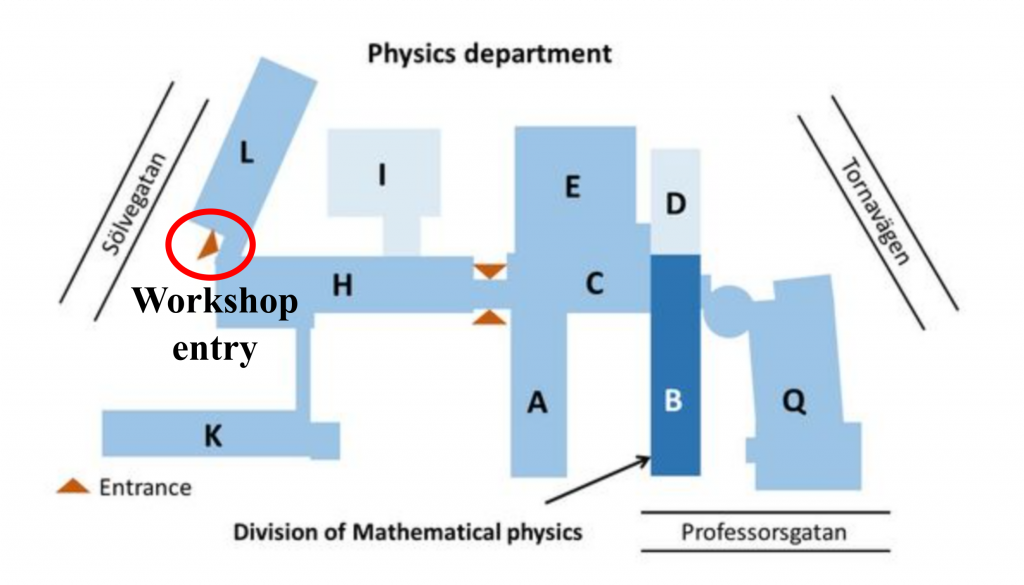“4th generation synchrotrons are here! – and now what?”
Challenges and opportunities in instrumentation & science
- Date: Sunday, August 11th
- Time: 9:00 – 16:30
- Location: Rydberg room @ Fysikum (Lund Physics Department)
- Organizers: Pablo Villanueva-Perez & Martin Bech
- Fee: 22 euro, which covers lunch & 2 coffee breaks, max. 120 people
- Registration: via indico (click here)

Confirmed Speakers
- Anna Bergamaschi (Detector Science, Paul Scherrer Institut)
- Chris Jacobsen (Northwestern University)
- Christian Schlepuetz (TOMCAT beamline, Paul Scherrer Institut)
- Hanfei Yan (NSLS II, Brookhaven National Laboratory)
- Itamar Neckel (Brazilian Synchrotron Light Laboratory – LNLS)
- Joan Vila-Comamala (X-ray Optics Applications, Paul Scherrer Institut)
- Konstantin Clementiev (Balder beamline MAX IV Laboratory, Lund University)
- Markus Osterhoff (Göttingen University)
- Pedro Tavares (accelerator division MAX IV Laboratory, Lund University)
- Saša Bajt (CFEL, DESY)
- Sascha Grimm (DECTRIS)
- Thomas Michelat (European XFEL)
- Yuriy Chushkin (ID10 beamline, ESRF-EBS)
Program:
For the detailed workshop program click here and select sunday.
Workshop Description:
Diffraction-limited storage rings are here. The enhanced brilliance or coherent flux these facilities provide can open new opportunities for X-ray microscopy and explore new spatiotemporal frontiers. Although these unique opportunities have been evident since the first diffraction-limited storage rings started their operation, there are still hurdles that must be addressed to ultimately use their capabilities.
In this workshop, we will discuss the status of such facilities and focus on the opportunities and challenges associated with them. Thus, we will have a comprehensive overview of the challenges from a hardware and software perspective. Specifically, we will discuss i) optical elements, ii) detector needs, iii) acquisition requirements, iv) big data tools, and v) real-time analysis opportunities and needs. Finally, we will discuss results that showcase the bright future of diffraction-limited storage rings. We envision this workshop as an opportunity to discuss the needs of these facilities alongside experts who can offer solutions to fully exploit the unique opportunities.
Instrumentation
- Bigger/better/faster detectors?
- Ideal mirrors & other optics?
- More in situ & in operando sample environments?
- Can the sample handle it?
Data
- More data, more problems: what can we learn from FELs?
- How to streamline data analysis?
- What about automation, AI & machine learning?
Science
- Which new experiments are now possible/on the horizon?
- Which fields, which techniques or which effects will come to the fore?
Accelerator
- What’s the next step?
- Is there a limit?
- Smaller beams, not always better?
Location:
- Rydberg room @ Fysikum (Lund Physics Department)
- Sölvegatan 14 Lund, Sweden
